In this engaging though meandering book, British-born Nobel laureate Angus Deaton offers up his impressions of American-style capitalism. He gives the US system decidedly mixed reviews. Deaton found opportunity in America, moving to Princeton from England in 1983 and eventually becoming a US citizen. But he also sees much to criticize, particularly the Darwinian capitalism that chews up those at the low end of the education and income scale. Readers will find this a thought-provoking view of the American economy from an outsider, looking in.
The US healthcare system is wildly confusing.
The medical system in the United States is much different from the health care schemes found in the rest of the developed world. In Britain, everyone has medical coverage. From the perspective of a British immigrant, the idea that a significant chunk of the American population has no affordable access to health care is baffling. Equally confounding, the US system is hugely expensive. The United States spends more on health care as a percentage of national income than any other nation. If the United States simply reduced its expenditures to the level of spending in Switzerland, which has the world’s second-priciest health care system, Americans would save $1 trillion a year.
One Princeton economist compared shopping for US health care to putting on a blindfold and going into a store to choose items, and only months later learning which products were charged at full price and which were discounted. Deaton learned about the opacity of the American system when he had a hip replacement. The procedure cost him about $7,000 out of pocket, and he never did learn how much his health insurance paid. In the US system, pricing...
Angus Deaton, winner of the 2015 Nobel Prize in economics, is the Dwight D. Eisenhower Professor of Economics and International Affairs Emeritus and a Senior Scholar at Princeton University. He is the co-author of Deaths of Despair and the Future of Capitalism.









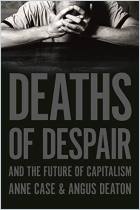
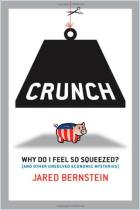
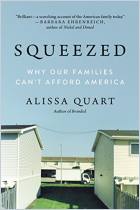
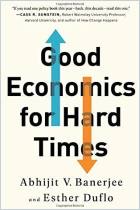

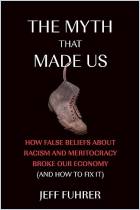
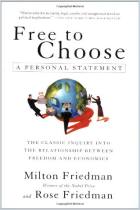


Comment on this summary or Démarrer une discussion